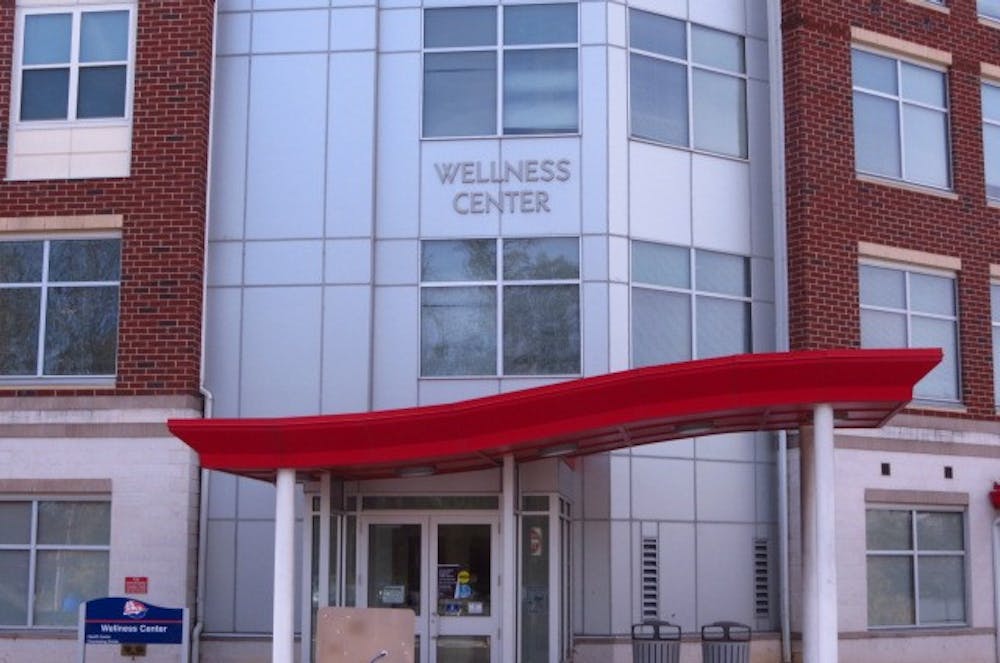For the past year, the COVID-19 coronavirus has presented new challenges to students all over the country.
Shippensburg University’s Counseling Center and psychology professors are trying to help students cope with mental health conditions and vulnerability induced by the pandemic.
National surveys have suggested the pandemic has heightened students’ uncertainty about their college education and post-college careers.
Christopher Carlton, Counseling Center director, has been battling the mental health issues on campus by working with other departments and organizations to raise awareness on the benefits of getting counseling.
“We have been communicating with professors as well in terms of how they can be [the] most helpful to students who might be struggling,” Carlton said.
One of the professors Carlton has been collaborating with is SU psychology professor Amber Norwood. Norwood, who has a background in working with people with serious mental illness (SMI), created Zoom events like “Coping With COVID-19” to give students the platform to speak on their feelings and how they are dealing with this difficult period.
Norwood and her students for her abnormal psychology course conducted a depression study survey during the fall semester to find out how many SU students identify with having any depressive symptoms.
“We have about 140 participants,” Norwood said. “It is not enough to draw conclusions, but we are seeing at this point a higher than normal percentage of students who are scoring in the at risk [area].”
According to a report from Chegg.org, four mental health advocacy and suicide prevention organizations found that 58% of college students surveyed said they were “moderately,” “very” or “extremely” worried for their mental health.
With the high demands of counseling and with limited counselors, the Counseling Center is trying to keep itself afloat dealing with as many students as it can.
“There [will] always be a limitation because we have limited resources. [But] this time last year, we were about four weeks behind in terms of [scheduling] new appointments. Now it could be about three days for a student to be able to make appointments,” Carlton said.
To accommodate social distancing regulations, the counseling center used video chat services GoToMeeting and Zoom to talk to patients. Even with the big adjustment of moving online, counselors were connecting better with students than they did with face-to-face sessions.
“There are a lot of students during their sessions in their rooms and they will show us stuff, you know in their rooms and that helps us better understand their whole personality and who they are,” Carlton said.
For this spring semester, the Counseling Center and the psychology department are planning to offer more services to students remotely to fit with the university’s COVID-19 coronavirus regulations.




The Slate welcomes thoughtful discussion on all of our stories, but please keep comments civil and on-topic. Read our full guidelines here.